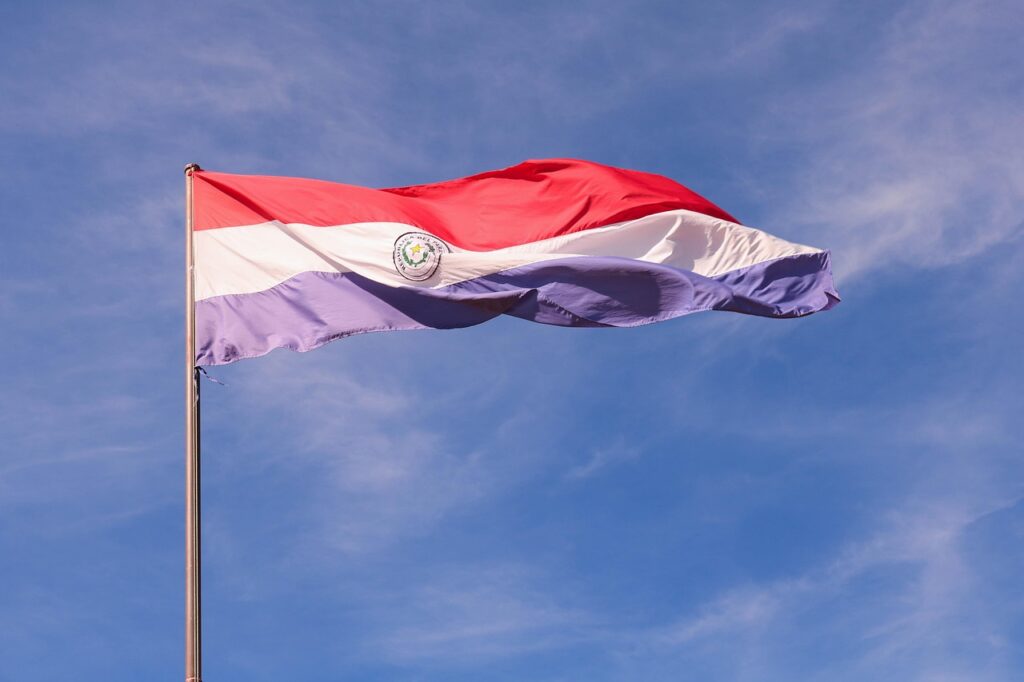News
Multilateral development banks supercharge global climate finance in 2023 surpassing expectations
The 2023 Joint Report on Climate Finance by Multilateral Development Banks (MDBs) provides a detailed overview of financial commitments aimed at mitigating and adapting to climate change. The report reflects the cooperation of ten multilateral banks (AfDB, ADB, AIIB, CEB, EBRD, EIB, IDBG, IsDB, NDB and WBG), who follow unified methodologies to track and report climate finance, contributing to the objectives of the Paris Agreement.
Climate finance in low- and middle-income economies:
In 2023, MDBs committed USD 74.7 billion to low- and middle-income economies, exceeding the annual target of USD 50 billion set in 2019. Of this, 67% was allocated to climate change mitigation, while 33% supported adaptation. Investments in these economies were supported by a total of USD 68.8 billion in climate co-finance, with the largest portion going to mitigation activities.
In low- and middle-income economies, there was also considerable private sector participation, with financing of US$15.7 billion and co-financing of US$28.5 billion, representing 41.5% of the total. These projects include areas such as energy infrastructure, water, and transport systems, where private investments can play a key role in the transition to more sustainable development.
Climate finance in high-income economies:
For high-income economies, US$50.3 billion was allocated, with a marked difference in distribution: 94% was for mitigation and only 6% for adaptation. Banks mobilized a total of US$103 billion in co-financing for these economies, with a larger share coming from the private sector.
Likewise, in 2023, the Multilateral Development Banks (MDBs) allocated a total of US$23.4 billion in climate finance for the private sector in high-income economies.
Challenge in adaptation:
Financing for climate adaptation, while exceeding 25 billion globally, still lags behind that for mitigation. This delay in adaptation requires greater efforts by the MDBs to meet the objectives of the Paris Agreement.
The report highlights two key approaches to tracking climate finance:
- Climate change adaptation: The approach identifies activities aimed at reducing the specific climate vulnerability of projects in local contexts.
- Climate change mitigation: It uses a list of activities that reduce greenhouse gas emissions, aligned with low-carbon development pathways.
The 2023 Joint Report shows that the MDBs are strengthening their commitments to climate finance, with results that exceed expectations, but with important challenges in the area of adaptation that still need to be addressed to achieve balanced climate action.
You can access the full report here.
If you want to find out more about the business opportunities that Multilateral Development Banks and other organisations offer to the private sector around the world, register on our SALT web platform and we will get in touch with you!





